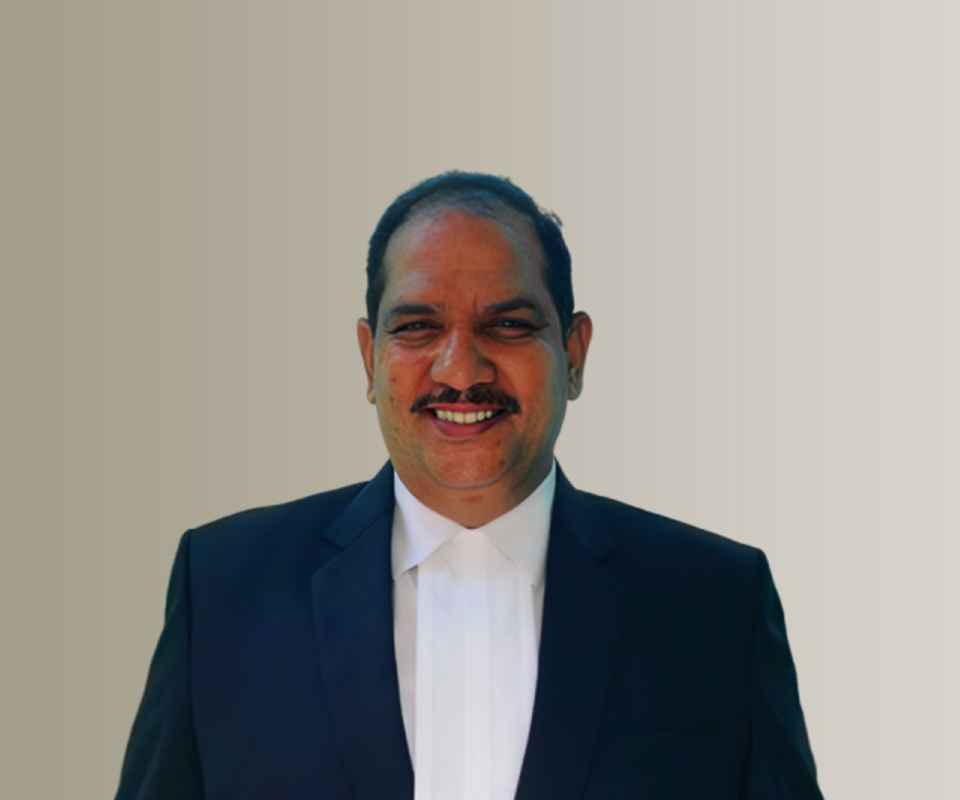Answer By law4u team
In extradition matters, India often faces situations where the person sought for extradition claims asylum or refugee status, asserting that they would face persecution, unfair treatment, or human rights violations if returned to the requesting country. Although India has no formal domestic refugee law, such claims are handled with reference to constitutional values, international obligations, and sovereign discretion.
Legal Framework and Policy for Handling Asylum in Extradition
No Specific Refugee Law in India
India is not a signatory to the 1951 Refugee Convention or its 1967 Protocol.
However, India allows the United Nations High Commissioner for Refugees (UNHCR) to process asylum applications for certain nationalities (especially from conflict zones).
Indian courts and the government consider asylum claims under constitutional principles and international humanitarian norms.
Non-Refoulement Principle
Though not codified in Indian law, Indian courts have acknowledged the principle of non-refoulement, which prohibits returning a person to a country where they may face threats to life or freedom.
This principle, rooted in Article 21 (Right to Life and Liberty), has been recognized in multiple judicial pronouncements.
Interplay with Extradition Proceedings
If a person facing extradition claims asylum or refugee status, Indian authorities assess whether extraditing them would violate:
- Right to life and liberty under Article 21
- Freedom from discrimination (Article 14)
- Protection from cruel or degrading treatment
Courts may halt extradition if there’s a credible threat of torture, religious or political persecution, or inhuman treatment in the requesting state.
Role of the Executive and the Courts
The Ministry of Home Affairs (MHA) plays a key role in evaluating the political and humanitarian implications of asylum claims.
Indian courts provide judicial oversight to ensure that extradition orders do not violate fundamental rights or international norms.
Political Offence and Humanitarian Exceptions
Under Section 31 of the Indian Extradition Act, 1962, extradition may be denied if the offence is of a political character, or if the accused may be unfairly prejudiced due to their race, religion, sex, or political opinions.
This can align with asylum claims, especially when individuals are targeted for dissent or minority status.
UNHCR’s Involvement
Individuals seeking asylum may be processed and certified by the UNHCR in India, which can issue refugee cards or documents.
The Indian government often consults or acknowledges such refugee status when deciding on extradition.
Example
A journalist from Country X, who is a vocal critic of the ruling regime, is accused of sedition and sought for extradition. He seeks asylum in India, citing risk of torture and political persecution. After evaluation by UNHCR and Indian authorities, and considering Article 21 and Section 31 of the Extradition Act, the extradition is denied on humanitarian and political grounds.
Conclusion
India does not have a codified asylum law, but it respects asylum and refugee claims in extradition matters by invoking constitutional protections, human rights principles, and international obligations. Each case is assessed on its facts, with judicial and executive scrutiny ensuring that no person is extradited to a country where they may face persecution or cruel treatment.







